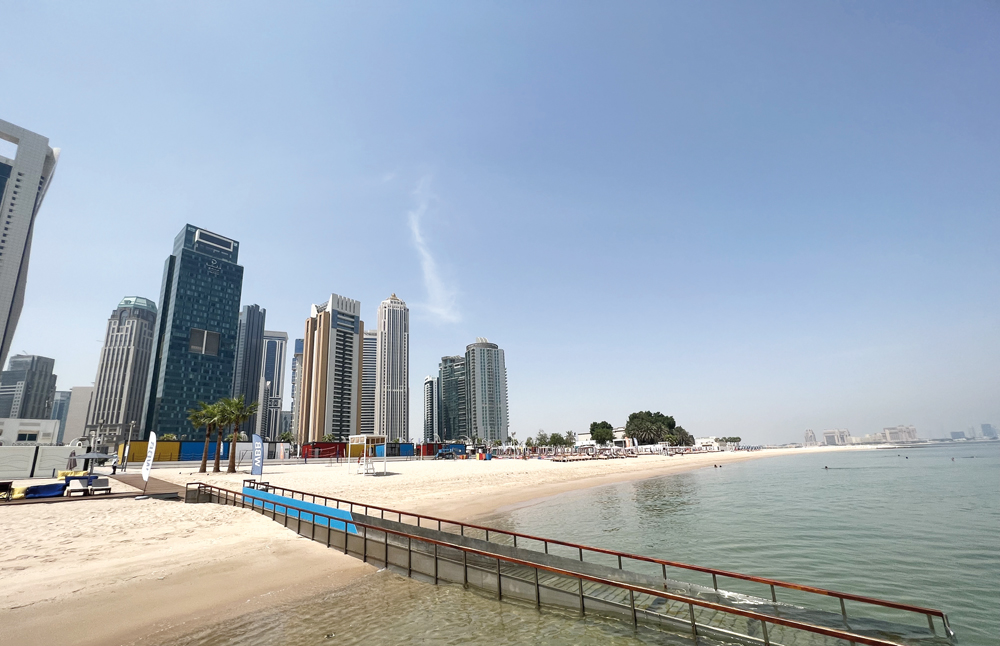Doha Insider Weekly
Archives
Qatar's Technological Advancements Propel Inclusive Infrastructure
SIGN UP FOR OUR NEWSLETTER
Qatar's Technological Advancements Propel Inclusive Infrastructure |
Innovative projects and policies enhance accessibility and sustainability across the nation |
Qatar is making significant strides in integrating technology to foster an inclusive and sustainable environment.
From advanced transportation systems to digital initiatives, the nation is committed to ensuring accessibility for all.
The Doha Metro and Lusail Tram exemplify this commitment.
Since its launch in 2019, the Doha Metro has served over 2 million passengers, offering features like level boarding platforms and tactile pathways to accommodate individuals with varying mobility needs.
Complementing this, the Lusail Tram, operational since 2022, has transported over 5.5 million riders, providing barrier-free access across its network.
In the realm of digital accessibility, Qatar's E-Accessibility Policy ensures that public ICT services—such as government websites, kiosks, ATMs, and terminals—are usable by all.
Features like high-contrast interfaces, braille keypads, ramps, and automatic door sensors support this effort.
Innovative tools such as the "Bu Hamad" sign-language app and the "Lazarillo" navigation app aid people with hearing and visual impairments in navigating digital and physical spaces independently.
Urban development projects further reflect Qatar's dedication to inclusivity.
The Msheireb Downtown Doha project, initiated in 2010, is promoted as the world's first sustainable downtown regeneration project and one of the smartest cities on earth.
It integrates 6,400 solar panels for electricity generation and 1,400 for water heating, alongside water treatment systems repurposed for cooling and irrigation.
Energy-saving measures like insulating glass and thick walls contribute to a 30% energy reduction.
In May 2025, the Public Works Authority (Ashghal) unveiled a transformative five-year plan worth over QAR 81 billion, set to transform Qatar's development landscape from 2025 to 2029.
This plan includes developing lands with integrated infrastructure and building government facilities for key sectors like health, education, sports, and culture.
Advanced sewage and rainwater drainage projects, including tunnels, pumping and treatment stations, and home connections, are also part of this initiative.
Qatar's multifaceted approach to accessibility—spanning transportation, urban planning, technology, and policy—demonstrates a growing national commitment to inclusion.
With continued investment and collaboration, the country aims to set a regional benchmark for accessible living. |

